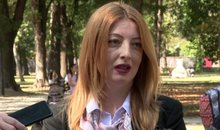
 Flash News
Flash News
Skopje Mayor Attacked in the Face, Urgently Taken to Hospital
Fire in Pogradec, forest massif engulfed by flames
Incident in Theth, Several people throw Molotov cocktails at IKMT's fire trucks
The largest Israeli newspaper writes about the act of the Albanian martyr, Arben Anamali
From Venezuela to practice prostitution in Vlora, 3 girls under investigation
EU on Vučić's visit to Russia: Refrain from legitimizing Putin's aggression against Ukraine
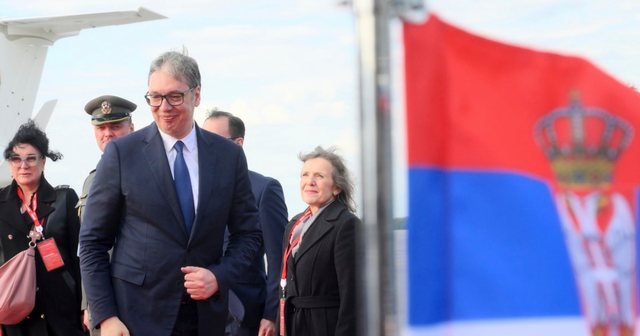
The European Union expresses deep regret over the Serbian leadership's trip to Moscow and participation in the marking of Victory Day in World War II - an event that Russia, according to Brussels, is exploiting for propaganda purposes.
This is the European Commission's response following the visit of Serbian President Aleksandar Vučić to Russia, where he met with Russian President Vladimir Putin.
"Serbia is expected to demonstrate credible commitment to European values and convince us of its strategic orientation towards the European Union," a European Commission spokesperson said in a written response to Radio Free Europe.
The EC underlines that all actors must refrain from any action that could legitimize Putin's aggression against Ukraine.
"If anyone wants to show support for peace, the right place to do so on May 9 is Kiev, not Moscow," the response reads.
The EU emphasizes that it has been "completely clear" with its partners, including candidate countries like Serbia.
"Relations with Russia cannot continue as usual with the Putin regime, at a time when its aggression against Ukraine is unprovoked and unjustified," the European Commission's response concludes.
Vučić arrived in Moscow on the eve of the anniversary of May 9, and his meeting with Putin is the first since the start of the Russian invasion of Ukraine in February 2022.
He told reporters in Moscow that Serbia will continue on its European path and added that "if anyone has to pay the price for this visit, it will be me, not the state."
Vučić also said he expects “very harsh reactions” from the EU because of this visit, but that his response will be “measured and serious.” He warned that he will discuss with Putin, among other things, the gas supply agreement and the Serbian Oil Industry, which is Russian-owned and under US sanctions.
European institutions have previously reacted to warnings about Vučić's trip to Moscow. EU Enlargement Commissioner Marta Kos, during a visit to Belgrade in late April, said that the decision to travel to Moscow was up to the Serbian president, but warned that if he did, "it would be much more difficult to help Serbia stay firmly on the European path."
Serbia has been in the process of negotiating EU membership since 2014, but has not opened any new chapters since December 2021, due to its refusal to harmonize its foreign policy with that of the EU and to impose sanctions on Russia.
Despite Brussels' warnings, authorities in Belgrade have continued to maintain close relations with Moscow./ REL
Latest news


Health risks from hot nights, how to prevent them
2025-07-11 16:31:30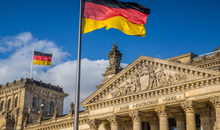

UN releases figures: At least 798 people have been killed at aid points in Gaza
2025-07-11 16:08:10
Tirana strengthens defense, signs former Aris Thessaloniki player
2025-07-11 16:00:08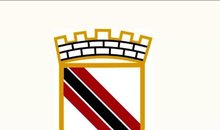

Fire in Pogradec, forest massif engulfed by flames
2025-07-11 15:41:58
Incident in Theth, Several people throw Molotov cocktails at IKMT's fire trucks
2025-07-11 15:31:49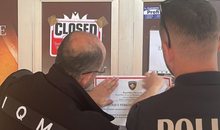
30 massage centers and nightclubs closed in Kosovo
2025-07-11 15:23:48
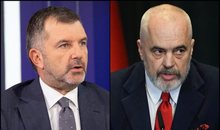
Rama as a curse to his servants!
2025-07-11 15:02:54
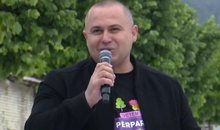
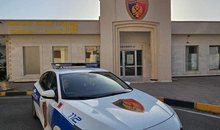
From Venezuela to practice prostitution in Vlora, 3 girls under investigation
2025-07-11 14:30:44
High-risk young man arrested in Fushë Kuqe (NAME)
2025-07-11 14:17:52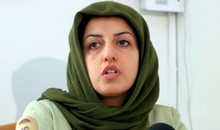
Iranian Nobel Peace Prize winner receives death threats from Tehran
2025-07-11 14:08:57
Seven victims buried on 30th anniversary of Srebrenica genocide
2025-07-11 13:58:04
Dinners after 8:00 PM harm the body and sleep, what the study shows
2025-07-11 13:56:27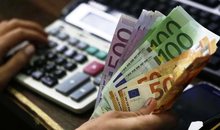
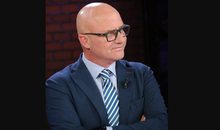
The question is not "how many there are", but who are the "advisors"...?
2025-07-11 13:40:09

Gramsh/ Landslide, 58-year-old dies
2025-07-11 13:27:31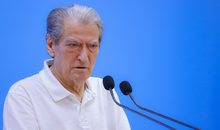
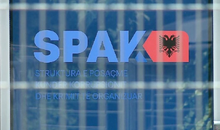
Anti-drug action in Shkodra, who is the former police officer wanted by SPAK
2025-07-11 13:11:40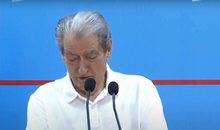
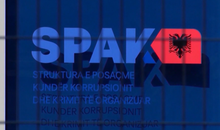
SPAK action in Shkodra, 13 arrest warrants issued, including police officers
2025-07-11 12:53:55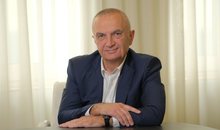
Requests freedom, date set for review of Meta's appeal
2025-07-11 12:42:40
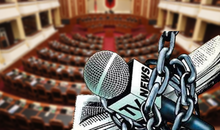
Albania's anti-disinformation strategy could undermine free media
2025-07-11 12:26:14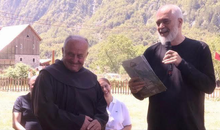
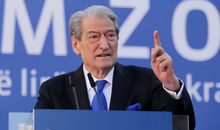
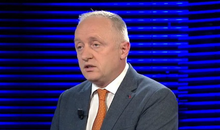
Dervish's Irony: Why are 30 advisors few for a water supply director?
2025-07-11 11:58:20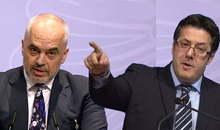


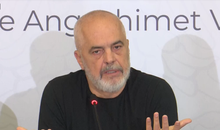
Rama's ultimatum: On Monday, all heads of administrative units must be dismissed
2025-07-11 11:05:59
Fires in the country, 4 fires still active, what is the situation?
2025-07-11 10:56:23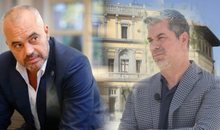
Government irony: Rama strips Dredha of power, then demands law and order
2025-07-11 10:49:10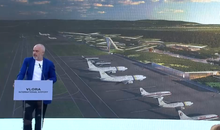
German media: Vlora Airport 'kills' one of Europe's largest wetlands!
2025-07-11 10:37:46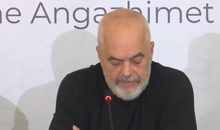
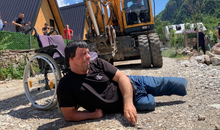
Amid the Alps in Theth, the law punishes even those who try to respect it
2025-07-11 10:14:16
Wanted for theft, 26-year-old arrested in Durrës
2025-07-11 10:03:29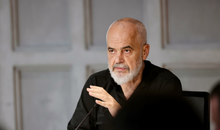
After the dismissals, Rama gathers the mayors in Durrës
2025-07-11 09:42:29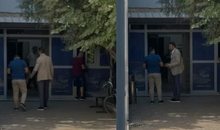
Released on bail, Salianji appears before the Probation Service
2025-07-11 09:34:28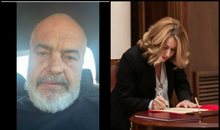
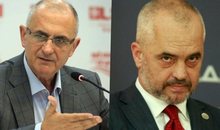
Haxhi Qamil Rama and the directors of the Municipalities!
2025-07-11 09:21:35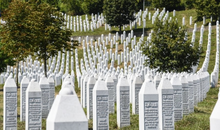
30 years since the Srebrenica massacre in Bosnia and Herzegovina
2025-07-11 09:10:52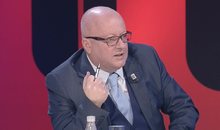
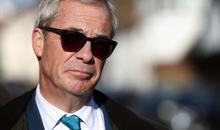
From rhetoric to brandy, POLITICO: 9 things Nigel Farage can do in Albania
2025-07-11 08:53:35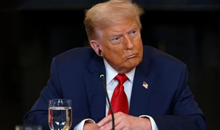
Trump announces 35% tariffs on Canadian goods
2025-07-11 08:39:29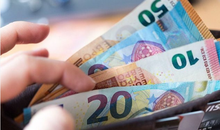
Foreign exchange, how much foreign currencies are sold and bought today
2025-07-11 08:24:25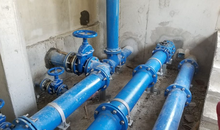

Horoscope, what do the stars have in store for you today?
2025-07-11 07:59:39
Sun and high temperatures, weather forecast
2025-07-11 07:41:09
Morning Post/ In 2 lines: What mattered yesterday in Albania
2025-07-11 07:20:14
Zhupa: In Theth, some Austrian strategic investors want the empty area
2025-07-10 22:57:08
Malltezi: SPAK admits, we are in a process that began with Balla's false report
2025-07-10 22:34:16

Si të çliroheni nga bllokimet emocionale me anë të ushtrimeve
2025-07-10 21:57:24

Lala: Veliaj wanted to return as mayor
2025-07-10 21:40:46

VIDEO/ Brawl in Bolivian parliament, deputies physically clash
2025-07-10 21:20:30


Albania experienced one of the longest heat waves of the last decade
2025-07-10 21:01:09

The Government approves new procedures for declaring residence in e-Albania
2025-07-10 20:39:32

Koka: Northerners will not forget Edi Rama's racist operation in Theth
2025-07-10 20:18:24
The 3 zodiac signs that will be most affected by the 'Full Moon' of July 10
2025-07-10 20:04:49
New director of the National Center of Cinematography appointed
2025-07-10 19:51:12
Korça/ 40-year-old man jumps from fifth floor balcony, in critical condition
2025-07-10 19:40:19
'Tired Woman'/ The Syndrome That Affects Thousands of Women Every Day
2025-07-10 19:34:02
Jane Birkin's original Hermès bag sells for $10 million
2025-07-10 19:26:22

Britain-Ukraine agreement signed for 5,000 Thales missiles
2025-07-10 19:00:25
Fire in Zvërnec, flames endanger two hotels
2025-07-10 18:57:19
Croatia restores compulsory military service
2025-07-10 18:39:01
Spahia: The great truth of the strong accusation of the residents of Theth
2025-07-10 18:35:07


The Supreme Court left him in prison, Meta addresses the 'Constitution'
2025-07-10 17:57:21
New punishment with 'new' regulations
2025-07-10 17:54:46
EU translator fired over fears for Zelenskyy's safety
2025-07-10 17:45:37
'You are a policeman, but not God, take my soul', protest for Agon Zejnullahu
2025-07-10 17:41:21


Video/ Rama repeats the scenario, kneels before Meloni again
2025-07-10 16:56:31
He set fire to a plot of olive trees, 50-year-old man arrested in Shijak
2025-07-10 16:46:19

Rubio: US and Russia have exchanged new ideas for Ukraine peace talks
2025-07-10 16:36:20
Death of 27-year-old, Lipjan Police Commander Resigns
2025-07-10 16:21:28
Video/ An apartment burns in Tirana near the New Bazaar
2025-07-10 16:09:36


Jensila lights up the internet with her birthday greetings to Ledri
2025-07-10 15:42:08
They're full of pesticides! List of 12 products we need to be careful of
2025-07-10 15:31:04

